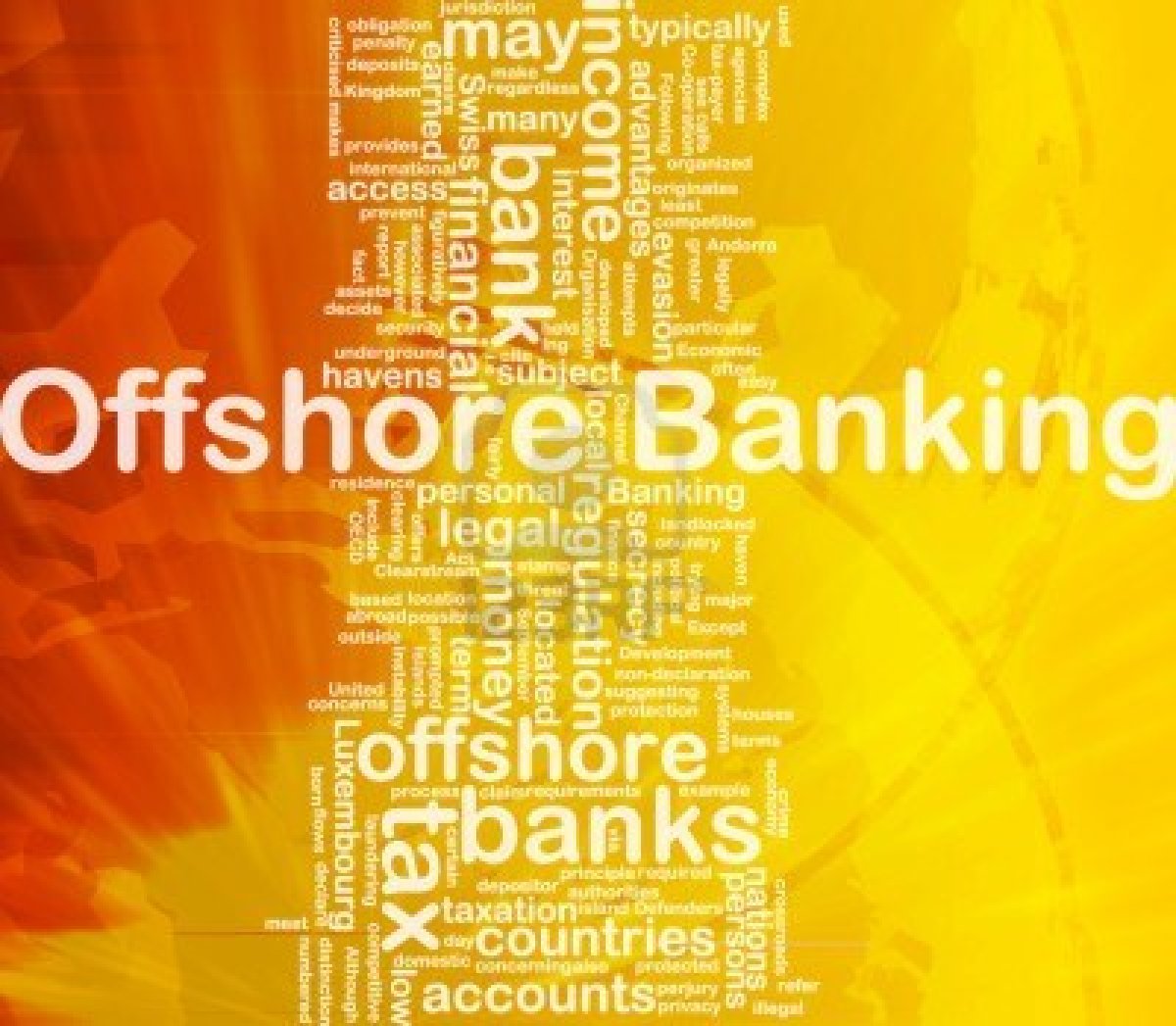Offshore Banking for Business Owners Looking to Optimize Global Operations.
Offshore Financial: A Smart Remedy for Diversifying Your Possessions
Offshore financial offers a nuanced strategy to property diversity, supplying people a method to navigate the complexities of international money. By developing accounts in foreign jurisdictions, one can not only accessibility a larger range of financial investment choices but also strategically place properties to shield them from residential economic susceptabilities. Nevertheless, the effects of such choices extend past mere financial safety; they link with tax obligation considerations and regulative frameworks that warrant cautious exam. As we check out these facets, the question arises: what are the necessary variables to consider when choosing an offshore banking service?

Recognizing Offshore Banking
Although offshore banking is commonly connected with wealth administration and tax optimization, it basically describes the practice of holding an account or investing in a bank situated outside one's country of house. This method allows people and services to access a range of economic services that may not be readily available locally. Offshore banks are normally developed in jurisdictions with positive regulatory settings, offering boosted personal privacy and protection for account holders.
The principle of overseas financial can encompass various monetary products, including interest-bearing accounts, financial investment accounts, and even finance centers, all designed to accommodate worldwide customers. Offshore financial institutions often provide services in several money, making it possible for customers to manage their properties better in a globalized economic situation.
Furthermore, the governing structure controling offshore banking differs substantially from one jurisdiction to one more, commonly defined by lower conformity standards and greater privacy for account holders. While offshore banking can be a legitimate monetary method, it is necessary for individuals and businesses to understand the lawful implications and duties connected with preserving accounts abroad. Recognition of regional regulations and worldwide agreements is critical for making sure conformity and staying clear of prospective challenges.
Advantages of Offshore Accounts
In addition, offshore accounts frequently supply access to a more comprehensive range of financial investment chances that may not be offered domestically. offshore banking. These accounts can consist of a variety of financial instruments, such as foreign supplies, bonds, and mutual funds, permitting account owners to tailor their financial investment methods according to their risk resistance and monetary goals
One more considerable benefit is the capacity for tax obligation optimization. While tax obligation regulations differ by territory, some overseas accounts may use favorable tax treatment, enabling individuals and companies to improve their after-tax returns lawfully.
Additionally, offshore financial establishments generally employ innovative privacy measures, safeguarding account owners' monetary information. This included layer of discretion can be interesting those seeking discretion in their economic events. On the whole, the advantages of offshore accounts add to more robust economic preparation and monitoring strategies.
Property Protection Techniques
One efficient strategy to safeguarding wide range entails executing durable asset security approaches. These techniques are essential for individuals seeking to protect their properties from possible threats such as suits, lenders, or financial instability.

Integrating minimal responsibility entities, such as offshore corporations or limited liability companies (LLCs), can also offer a safety layer. These frameworks assist insulate personal find more info possessions from business obligations, making certain that individual wide range remains secure in case of business-related legal concerns.
Moreover, branching out financial investments throughout various asset courses and geographical locations can mitigate risk. This approach decreases direct exposure to any type of solitary economic downturn, enhancing general financial stability. offshore banking. By employing these property security approaches, people can properly protect their riches, guaranteeing it stays intact for future generations while browsing prospective financial difficulties
Tax Obligation Advantages and Factors To Consider
Implementing efficient property security methods often leads check these guys out people to consider the tax obligation advantages related to overseas financial. By opening up an offshore account, clients may gain from desirable tax programs supplied by particular jurisdictions. Numerous nations provide tax obligation motivations, consisting of reduced or zero taxation on passion and funding gains, which can considerably enhance riches buildup.
Additionally, offshore financial can facilitate tax-efficient investing through diversified property classes and currencies, permitting account holders to maximize their profiles. It is essential to recognize that while some offshore territories provide tax advantages, compliance with global tax laws, consisting of the Foreign Account Tax Obligation Conformity Act (FATCA), is compulsory. Failing to report overseas accounts can result in serious fines.
Furthermore, the assumption of overseas banking as a tax obligation evasion strategy can lead to reputational threats. Eventually, while offshore banking can give considerable tax obligation benefits, cautious preparation and adherence to laws are crucial to enjoying these benefits sensibly.
Selecting the Right Offshore Bank
Choosing the right offshore bank is an important decision that can significantly influence your monetary approach and asset defense. When thinking about an overseas financial click here for info institution, it is important to examine a number of essential variables, consisting of the bank's track record, regulative setting, and the services provided.
First, conduct detailed research on the bank's standing in the market. Seek institutions with a tried and tested performance history of stability and protection. Regulatory conformity is an additional important element; make certain the bank abides by global criteria and operates within a reputable jurisdiction.
Furthermore, examine the variety of solutions given. Some banks may specialize in wealth administration, while others concentrate on giving basic banking services. Consider your individual or service demands and pick a financial institution that aligns with your financial goals.
Another important aspect is ease of access. Check out the ease of communication with the bank, including language support and customer support schedule. Consider the fees associated with account upkeep and deals, as these can differ substantially in between establishments.
Verdict
In verdict, offshore banking offers a practical strategy for property diversity, providing countless advantages such as enhanced economic safety and security and access to a broader range of financial investment chances. The unification of efficient asset security techniques and potential tax obligation advantages better highlights the appeal of overseas accounts.